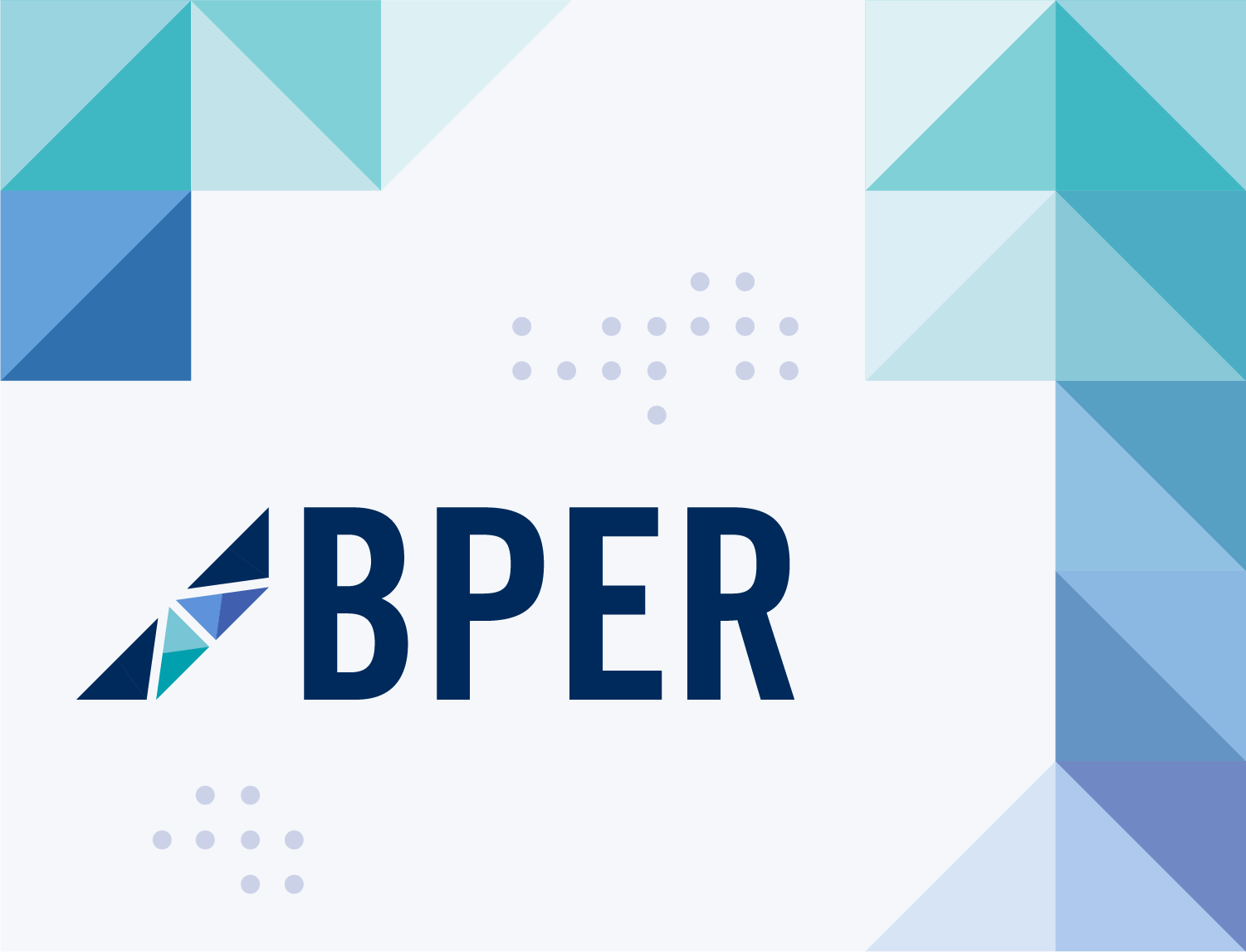Program Evaluation as Contested: Can We Navigate Tensions for Transformative Practice?
In this presentation, our speakers will explore how varying organizational contexts can invite or constrain possibilities for evaluation work – particularly in relation to how evaluation can contribute to system transformation and social justice. They will share recent research on the tensions that evaluators in the academic health sciences routinely encounter as they conduct evaluation while navigating accreditation and other institutional demands.
No events to show
Description
Program evaluation is routinely recommended as a practice that is essential to enhancing the quality of educational offerings. However, there is limited reflection on how evaluation is positioned within our system nor on the contested (prone-to-conflict) nature of evaluation work. In this presentation, our speakers will explore how varying organizational contexts can invite or constrain possibilities for evaluation work – particularly in relation to how evaluation can contribute to system transformation and social justice. They will share recent research on the tensions that evaluators in the academic health sciences routinely encounter as they conduct evaluation while navigating accreditation and other institutional demands. The talk also raises provocative questions about the accountabilities of evaluation in the academic health sciences, while remaining grounded in the day-to-day realities of practicing evaluation in healthcare and health professions education.
Ultimately, our speakers provide unique theoretical perspectives on contemporary program evaluation and share practical insights on transformative practices
Additional Info
Moderator: Deena Hamza
Presenters
Dr. Betty Onyura is the Associate Director Evaluation and Knowledge Mobilization at the Centre for Faculty Development, and Assistant Professor in the Department of Family and Community Medicine. She identifies strongly as a scientist practitioner, who collaborates on diverse evaluation projects while leading a SSHRC-funded program of research focused on program evaluation as a social and scientific enterprise. Her research includes ongoing projects on evaluation ethics, evaluation and harm, and evaluation tensions, as well as work to advance evaluation methods and frameworks. Betty is a committed Credentialed Evaluator with the Canadian Evaluation Society and sits on the Board of Directors of the Society’s regional (Ontario) chapter.
Yasser Ismail is a Credentialed Evaluator (C.E.) whose work spans the continuum of evaluation, evaluation-driven policy and program design, and, evaluation-driven learning and development. Currently completing his Doctorate of Education (EdD) at the University of Western Ontario, Yasser’s current praxis inquiry is on the use of evaluation-driven approaches for building health professional capacity for critically-reflexive, culturally safe and structurally competent clinical engagement. In his role as the inaugural Manager of Program Evaluation & Knowledge Translation and a member of the strategic leadership team at Casey House, Yasser is particularly passionate about situating evaluation as transformative change practice to influence socially-just clinical practice at the point-of-care and to influence structural change for the hospital at large.
Rounds Details
Best Practice in Education Rounds (BPER) are co-hosted by the Centre for Faculty Development, The Wilson Centre and the Centre for Interprofessional Education.
Our Best Practice in Education Rounds (BPER) are accredited group learning activities as defined by the Maintenance of Certification Program of The Royal College of Physicians and Surgeons of Canada. They are also accredited group learning activities as defined by the College of Family Physicians and Surgeons.
For more information about BPER, please click here.
Title
Program Evaluation as Contested: Can we Navigate Tensions for Transformative Practice?
Event Details
Recommended Events
-
 30JanDevelop confidence and flexibility in your feedback approach. Through evidence-informed frameworks and hands-on practice, this workshop equips you to turn everyday conversations into powerful opportunities for learning and development.
30JanDevelop confidence and flexibility in your feedback approach. Through evidence-informed frameworks and hands-on practice, this workshop equips you to turn everyday conversations into powerful opportunities for learning and development. -
 3FebThis workshop will provide participants with opportunities to practice new techniques that will help them be calmer, clearer and more confident when dealing with learners in difficulty.
3FebThis workshop will provide participants with opportunities to practice new techniques that will help them be calmer, clearer and more confident when dealing with learners in difficulty. -
 10FebPlease join us for BPER Reads, our annual "Battle of the Papers"! We began this November with 5 scholars championing one paper of the past academic year they feel every health professional educator must read. We now have our top two papers! Join us for the discussion!
10FebPlease join us for BPER Reads, our annual "Battle of the Papers"! We began this November with 5 scholars championing one paper of the past academic year they feel every health professional educator must read. We now have our top two papers! Join us for the discussion!

